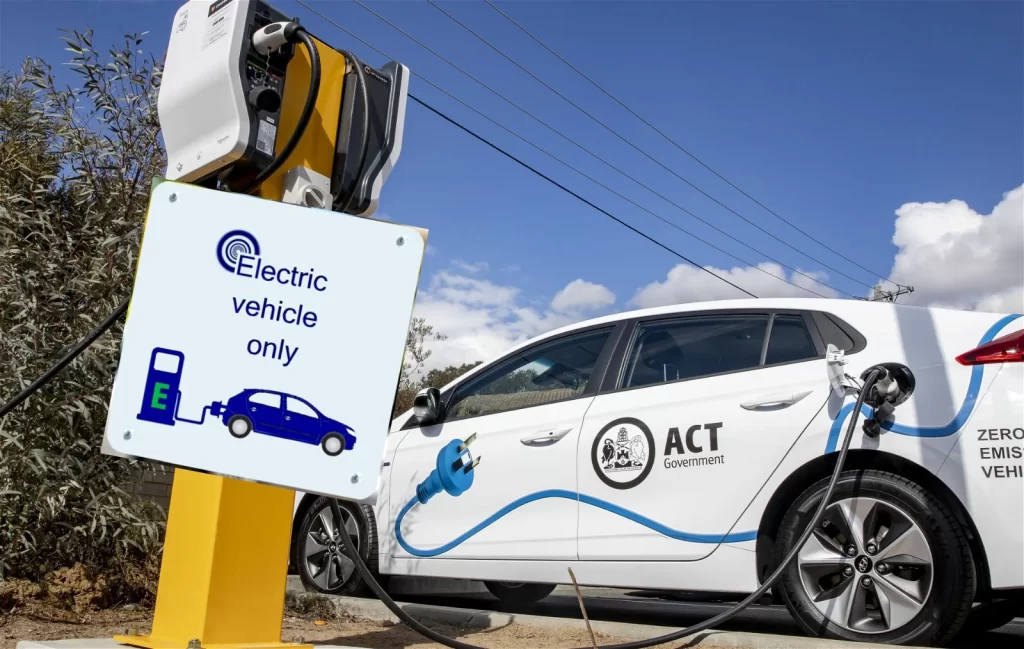Zero-Emission Vehicles (ZEVs) A Clean Transportation Future

Zero-Emission Vehicles (ZEVs) A Clean Transportation Future
Zero-emission vehicles (ZEVs) are a type of vehicle that produces no tailpipe emissions, making them a cleaner alternative to traditional gasoline-powered cars. ZEVs include electric vehicles (EVs), fuel cell electric vehicles (FCEVs), and plug-in hybrid electric vehicles (PHEVs).
Types of ZEVs:
- Battery Electric Vehicles (BEVs): BEVs are powered solely by electricity stored in a battery pack.
- Fuel Cell Electric Vehicles (FCEVs): FCEVs generate electricity through a chemical reaction between hydrogen and oxygen.
- Plug-in Hybrid Electric Vehicles (PHEVs): PHEVs combine a gasoline engine with an electric motor, allowing for both electric and hybrid driving modes.
Benefits of ZEVs:
- Reduced Emissions: ZEVs produce no tailpipe emissions, contributing to cleaner air and a healthier environment.
- Lower Operating Costs: Electricity is generally cheaper than gasoline, resulting in lower fuel costs for ZEV owners.
- Instant Torque: Electric motors deliver instant torque, providing a smooth and responsive driving experience.
- Quiet Operation: ZEVs are virtually silent, reducing noise pollution.
- Government Incentives: Many governments offer incentives such as tax credits or rebates to encourage the adoption of ZEVs.
Challenges and Future Developments:
- Range Anxiety: One of the main concerns for many potential ZEV buyers is range anxiety, or the fear of running out of battery power before reaching their destination. However, battery technology is rapidly improving, and ZEVs now have longer ranges than ever before.
- Charging Infrastructure: The availability of charging stations remains a challenge in some areas. However, investments are being made to expand the charging infrastructure, making it easier for ZEV owners to recharge their vehicles.
- Hydrogen Infrastructure: For FCEVs, the development of a nationwide hydrogen fueling infrastructure is necessary to support their widespread adoption.
- Battery Cost: Battery costs are still relatively high, but they are expected to decline as production increases and technology improves.
As battery technology continues to advance and charging infrastructure expands, ZEVs are poised to become a more mainstream transportation option. With their environmental benefits and technological advancements, ZEVs represent a promising future for sustainable mobility.




